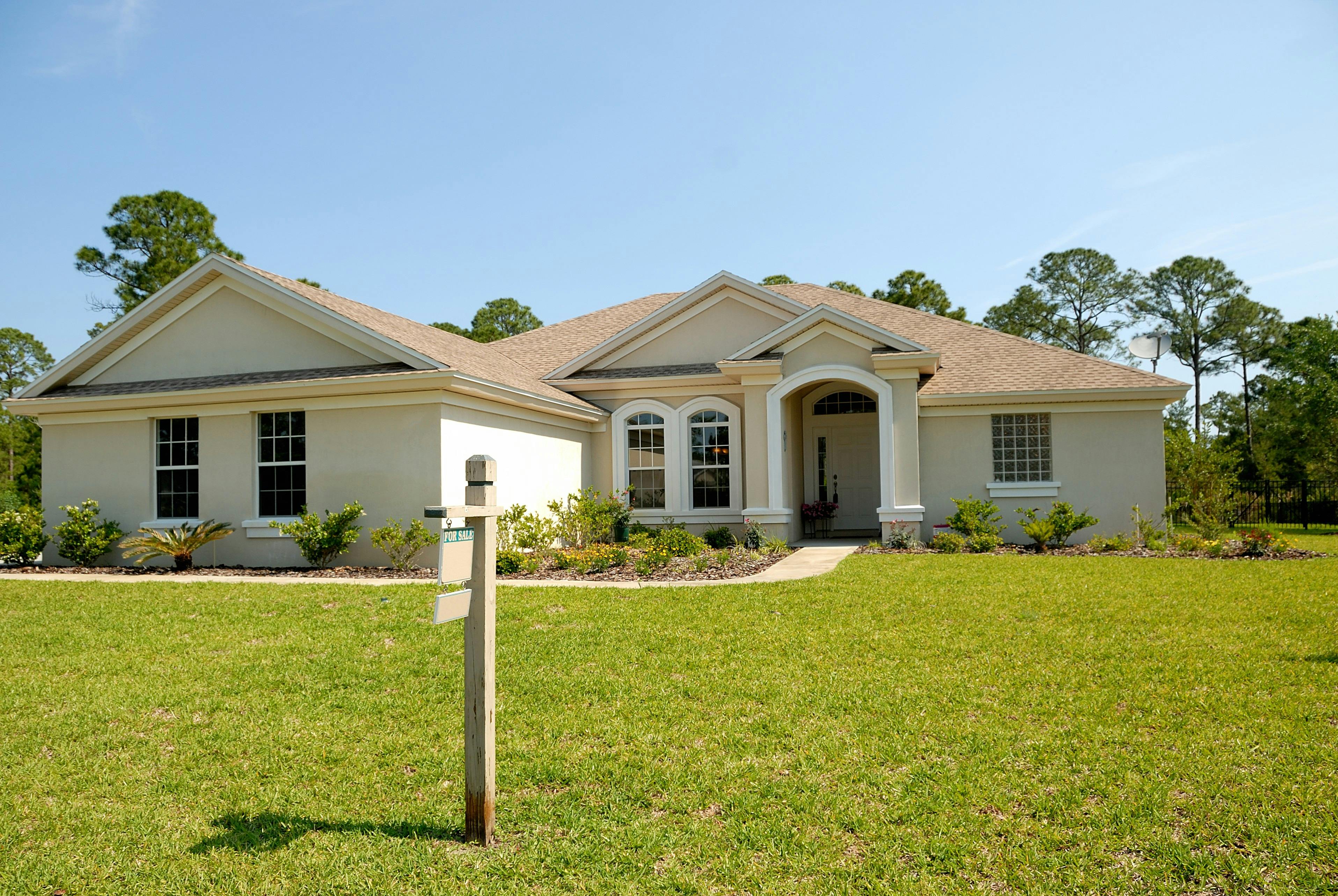
Blockchain in Property Rights Documentation: Revolutionizing Real Estate Ownership
Blockchain in Property Rights Documentation: A Comprehensive Analysis
The Emerging Paradigm of Digital Property Rights
Blockchain technology is fundamentally reshaping how property rights are documented, verified, and transferred across international jurisdictions. By leveraging decentralized ledger technologies, real estate transactions are becoming more transparent, efficient, and secure. This technological transformation addresses long-standing challenges in traditional property registration systems, including fraud prevention, complex title transfers, and cross-border property investments.
Legal Frameworks and Jurisdictional Considerations
Different global jurisdictions have varying approaches to blockchain-based property rights documentation. In the United States, regulatory bodies like the SEC and state-level real estate commissions are progressively developing frameworks for digital property registrations. Countries like Switzerland and Liechtenstein have been particularly progressive, establishing comprehensive legal infrastructures that recognize blockchain-based property transactions.
Comparative Jurisdictional Analysis
| Jurisdiction | Blockchain Property Rights Status | Regulatory Complexity |
|---|---|---|
| United States | Emerging Regulatory Framework | High |
| Switzerland | Advanced Legal Recognition | Medium |
| Cayman Islands | Crypto-Friendly Regulations | Low |
| British Virgin Islands | Developing Infrastructure | Medium |
Top Blockchain Protocols for Property Rights Documentation
-
Polymath: Specializes in security token offerings for real estate assets, providing comprehensive compliance and tokenization solutions.
-
Harbor: Offers regulated asset tokenization platform with built-in compliance mechanisms for real estate investments.
-
RealT: Pioneering fractional real estate ownership through blockchain-based tokenization, enabling global investment opportunities.
Technical Implementation Mechanisms
Blockchain property rights documentation relies on sophisticated smart contract architectures that encode ownership rights, transfer conditions, and verification protocols. These contracts utilize cryptographic signatures, multi-signature approvals, and immutable transaction records to ensure robust security and transparency.
Market Trends and Investment Dynamics
According to recent market research from 2023-2024, the global real estate tokenization market is projected to grow from $2.7 billion to an estimated $7.5 billion by 2026, representing a compound annual growth rate of 19.3%. This exponential growth reflects increasing institutional and retail investor interest in blockchain-based property investment mechanisms.
Risk Mitigation and Compliance Strategies
Implementing blockchain property rights documentation requires comprehensive risk management strategies. These include robust KYC/AML procedures, advanced encryption protocols, and continuous regulatory compliance monitoring across different jurisdictional frameworks.
Future Technological Trajectories
Emerging technologies like artificial intelligence and advanced oracles are expected to further enhance blockchain property rights documentation. These innovations will provide more sophisticated verification mechanisms, real-time valuation updates, and seamless cross-border transaction capabilities.
RWA.codes: Your Strategic Technology Partner
At RWA.codes, we specialize in developing cutting-edge blockchain solutions for property rights documentation. Our interdisciplinary team combines legal expertise, technological innovation, and regulatory compliance to create bespoke tokenization platforms tailored to your specific real estate investment requirements.
Our services include:
- Custom blockchain architecture design
- Regulatory compliance consulting
- Smart contract development
- Token economics modeling
- Integration support for existing real estate infrastructure